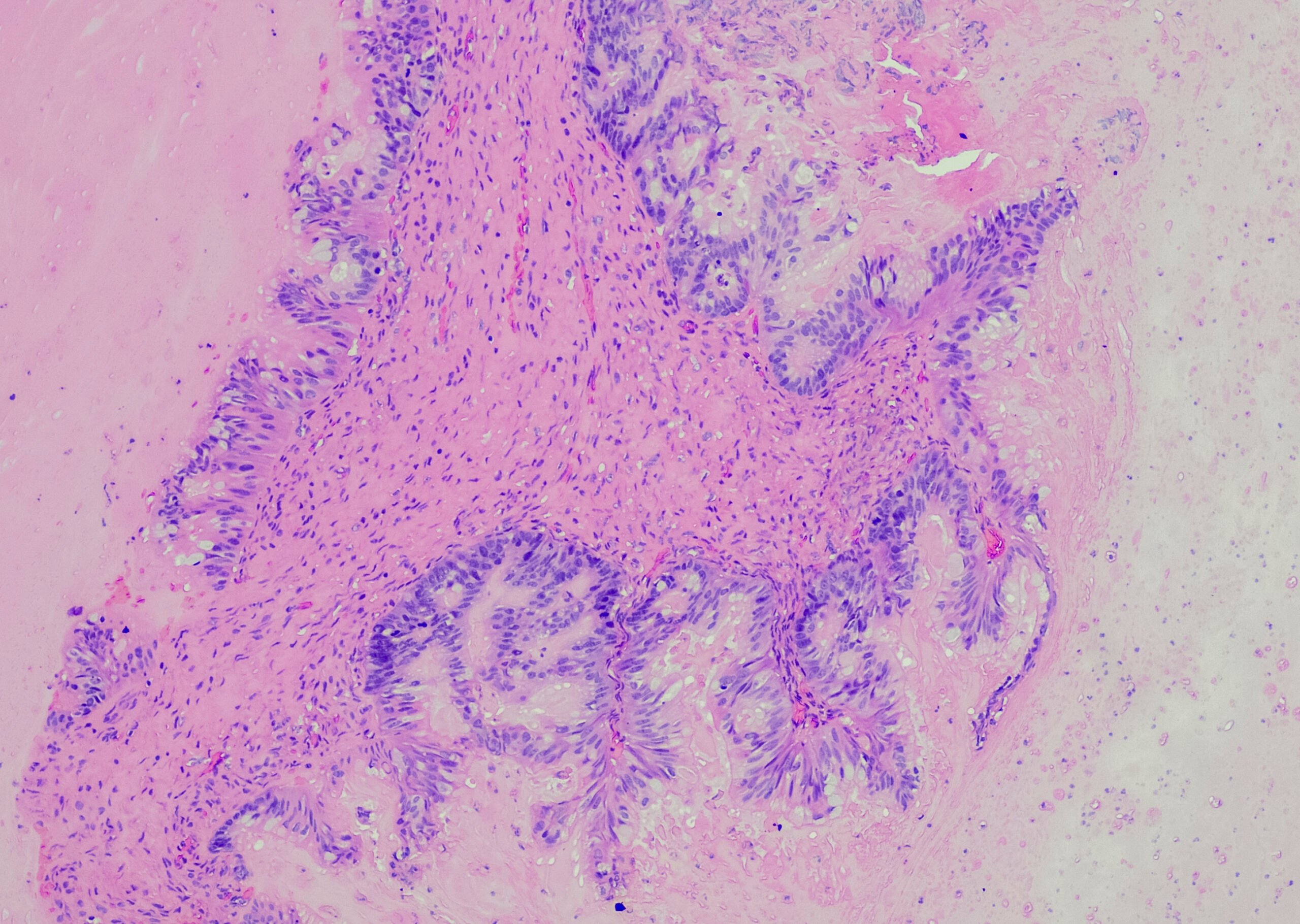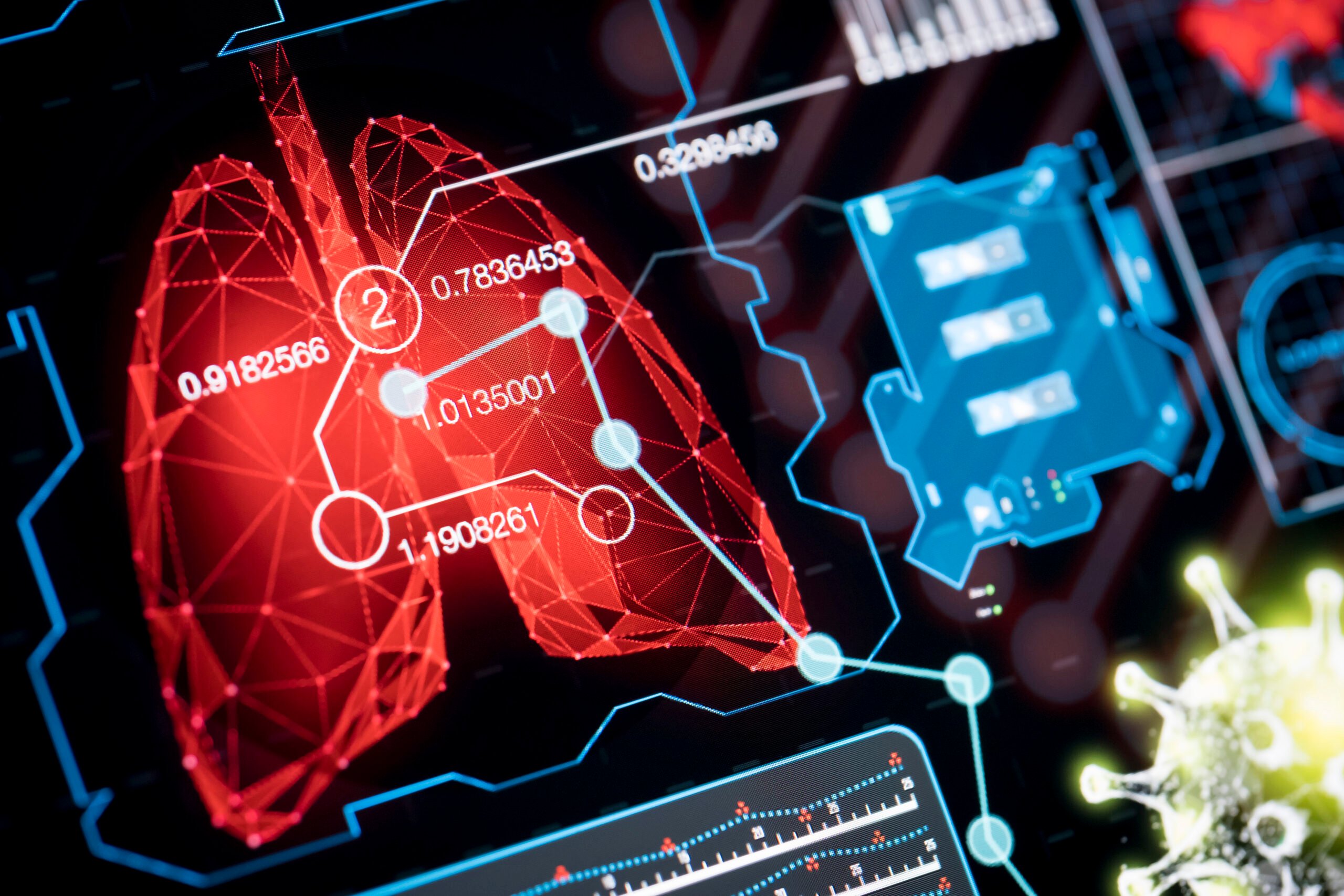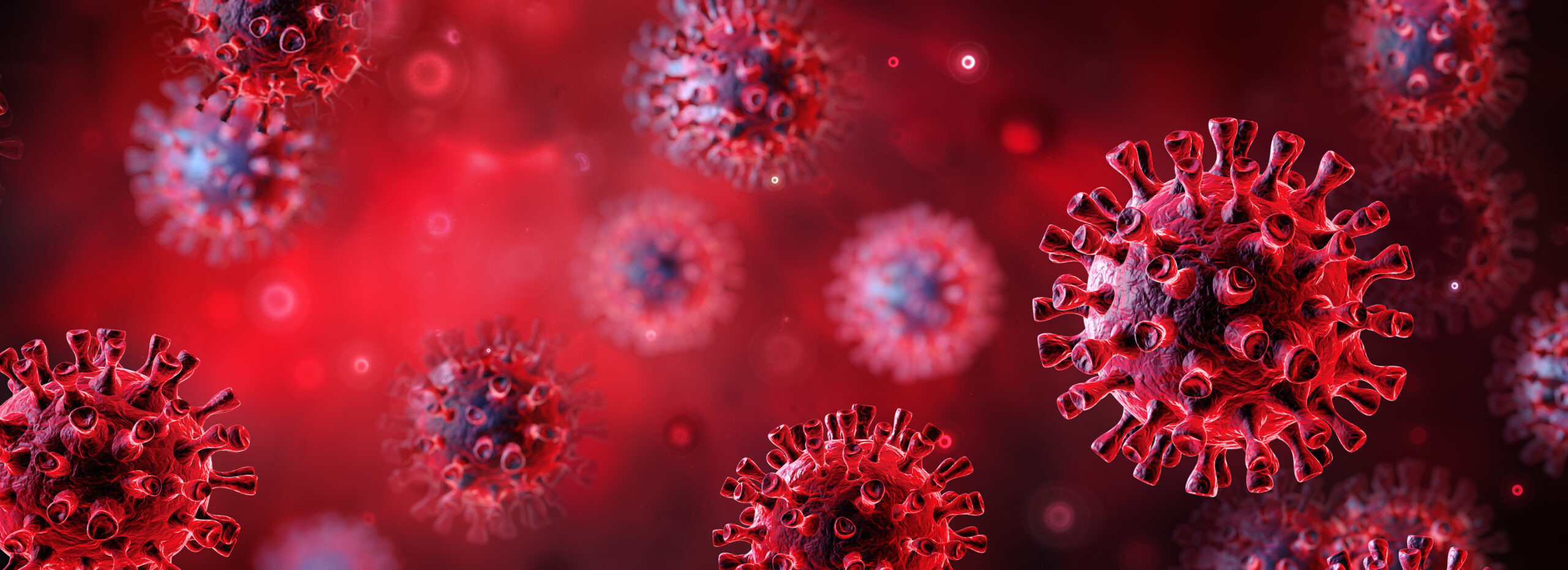The treatment of breast cancer has undergone a profound transformation over the last two decades. While clinical-pathological parameters long formed the sole basis for therapy decisions, molecular diagnostics and personalized therapy concepts are increasingly determining treatment today. Multigenomic signatures, next-generation sequencing and liquid biopsy have redefined risk stratification. At the same time, targeted drugs have been developed that intervene precisely in oncogenic signaling pathways. In addition, antibody-drug conjugates and immune checkpoint inhibitors are expanding the therapeutic spectrum.
Autoren
- Tanja Schliebe
Publikation
- InFo ONKOLOGIE & HÄMATOLOGIE
Related Topics
You May Also Like
- Diabetes mellitus
Treatment of comorbidities in older people
- Artificial intelligence
Dr. ChatGPT: Large language models in everyday clinical practice
- Subtyping as the key to precision medicine
Molecular diversity of the PDAC
- Multiple sclerosis
Vitamin D as an adjuvant in multiple sclerosis: statistical success and clinical limitations
- From symptom to diagnosis
Abdominal pain – internal hernias
- Artificial intelligence for COPD
A new era of personalized treatment
- Multiple sclerosis
Spirulina as adjuvant therapy? Reduction of cytokines and inflammation
- IBD and SARS-CoV-2











